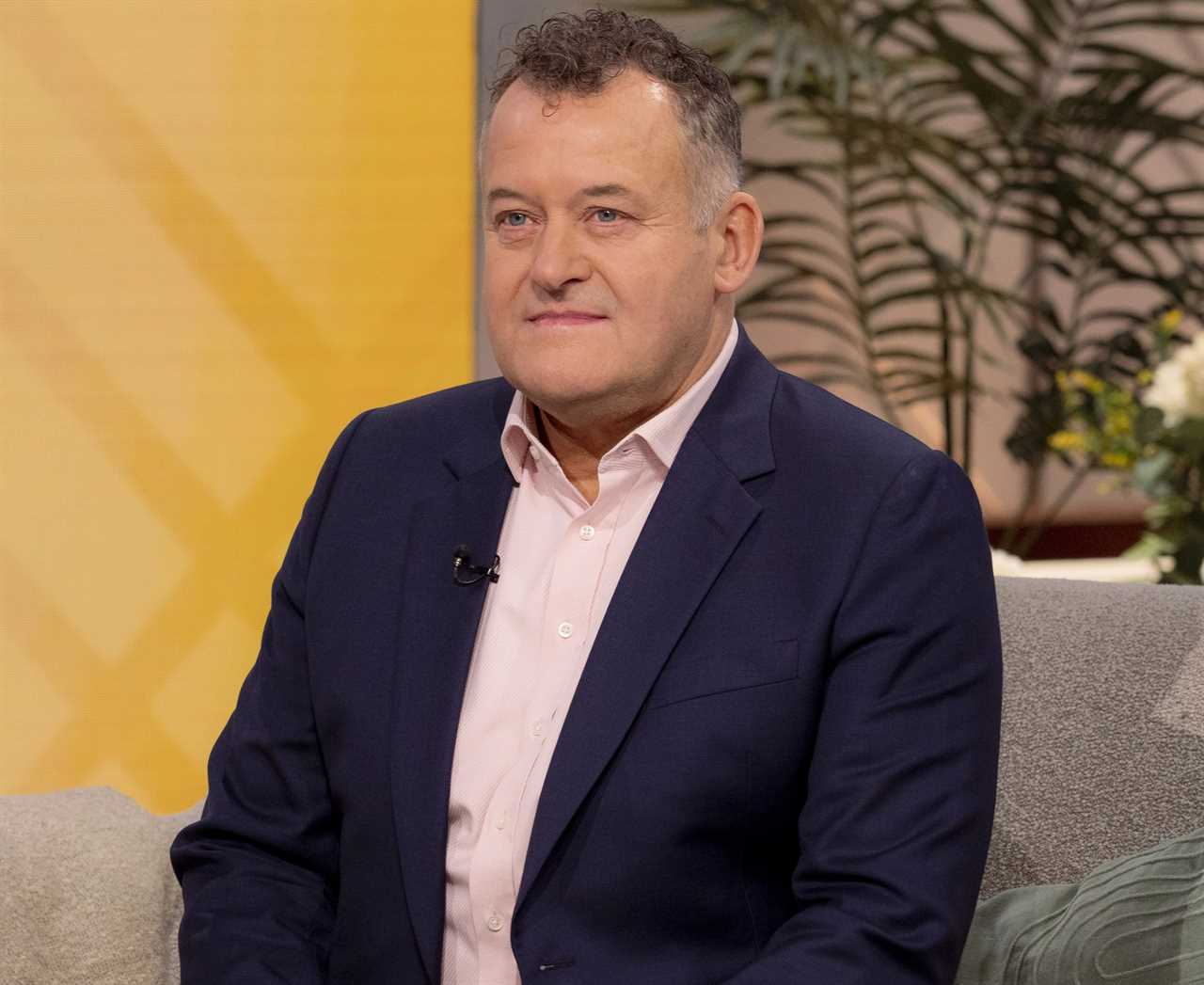PAUL Burrell has revealed he has been diagnosed with prostate cancer, after going for a medical for a TV show.
Princess Diana’s former butler this morning fought back the tears as he discussed his illness with Lorraine Kelly.

Princess Diana’s former butler, Paul Burrell appeared on Lorraine this morning to talk about his cancer diagnosis
The 64-year-old said he was given the news last year when he was checked over for a TV show, which insiders believe was I’m A Celebrity All Stars.
It’s not known what causes prostate cancer, but your risk does increase as you get older and if you have a family history of the condition, the NHS states.
In the UK around one in eight men will get the illness in their lifetime and more than 47,000 men are diagnosed with the condition each year in England, Prostate Cancer UK states.
Paul told host Lorraine Kelly that he has questioned whether or not he’ll be around by next Christmas.
He said: “I’m tired, you see I’m on hormone therapy, and it’s sort of robbing me of my testosterone.
“So my beard isn’t growing like it should, I’m tired, and emotional, and I get hot flushes.”
“When did you find out?” Lorraine asked.
“In the summer I had to go for a medical for a TV programme I was doing and their duty of care was that I had a full MOT.
“And out of that came a surprisingly high PSA (prostate-specific antigen), I had no idea what a PSA test was. Apparently it is a chemical that is released by your prostate gland.
“So, I went to my GP and he said this is unusual, he examined me and said, ‘uou look to be fairly normal.
“So he sent me for an MRI scan and of course that was the window.”
KNOW THE SIGNS
Following Paul’s diagnosis, it’s key all men know the signs of prostate cancer.
The NHS states that the illness doesn’t usually cause any symptoms until the cancer has grown large enough to put pressure on the tube that carries urine from the bladder out of the penis (urethra).
When that happens, you might experience:
- needing to pee more frequently, often during the night
- needing to rush to the toilet
- difficulty in starting to pee (hesitancy)
- straining or taking a long time while peeing
- weak flow
- feeling that your bladder has not emptied fully
- blood in urine
- blood in semen
Guidance states that these symptoms don’t always mean you have cancer.
If you’re worried though, you should see your GP who will be able to refer you for tests.
This will include a urine sample to rule out infection and medics will also take a blood test to test your level of prostate-specific antigen (PSA) – called PSA testing.
Following his diagnosis Paul is urging all men to go for the simple test.
“There are thousands of men out there who don’t have symptoms like me. I was lucky, they caught it out there.
“You’ve got loads of lovely female viewers who can say to their men, go get tested,” he added.






